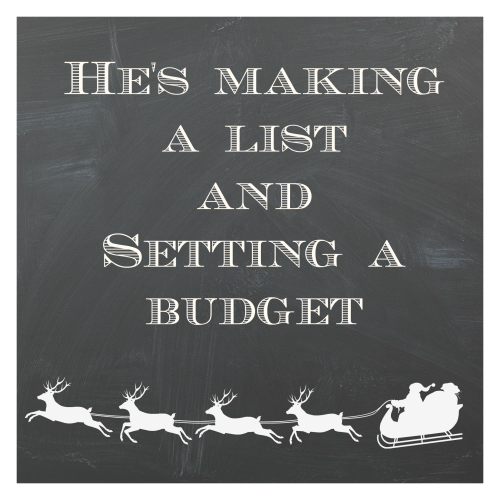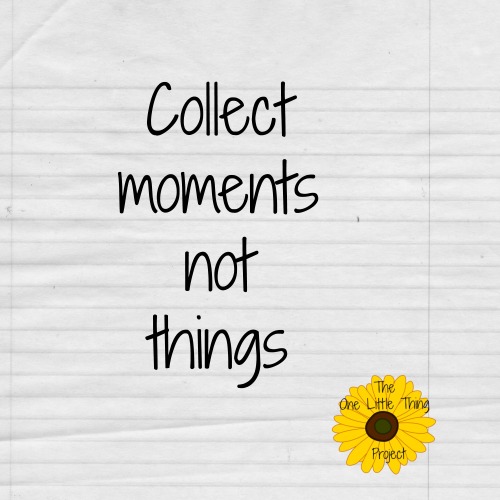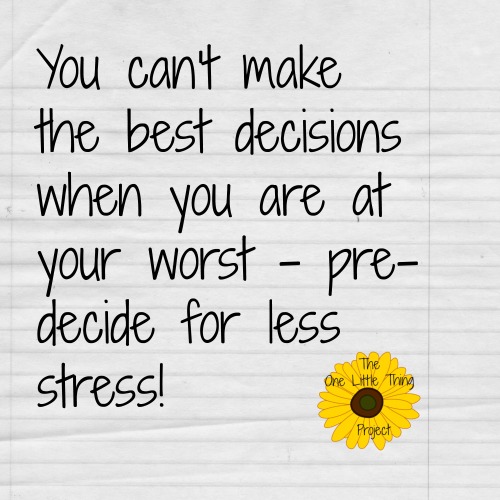I find that I often sabotage a good thing with the word “but”. I always seemed to find fault with something. It was part of my negative cycle. I’ve decided rather than ban the word from vocabulary entirely, I’d switch it up. When ever I find myself thinking something negative I use “but” to find a silver lining.
I HATE winter. It’s not the cold so much. It is the dark! I don’t like waking up and it is dark for hours and then I leave work and it is nearly dark already. I work in an office all day and though I have a window I almost always have to keep the blinds closed because of glare. By the time the sun comes up, I don’t have enough time for a walk and I don’t want to leave my house in the evenings. So being that we are in dead of winter, I’ve been a bit more negative than usual.
After a particularly long stretch of rainy, cold days (we don’t get much snow here), I was gripeing again about the weather – it was bitterly cold that day. But the sun was out! But the forecast for tomorrow was warmer! But the heat pump didn’t freeze up now that we built the cover. But my car starts up right away even in this bitter cold. But now I can eat stew!
My guy is starting school again this week. Four days a week and then weekends will be homework time. And he is already putting in longer hours at the new job. We will have much less time together. But we can eat dinner together most of those nights. But I can go to the gym without feeling that I’m not home enough. But now I can take those classes at Michaels.
It’s about looking on the brighter side. It’s about looking for opportunities instead of loss.
“But” is like a fork in the road. You can be on a good path and “but” yourself right down the negative road. You can be on a rocky path and use it to take a higher road. “But” really is all in your head!







